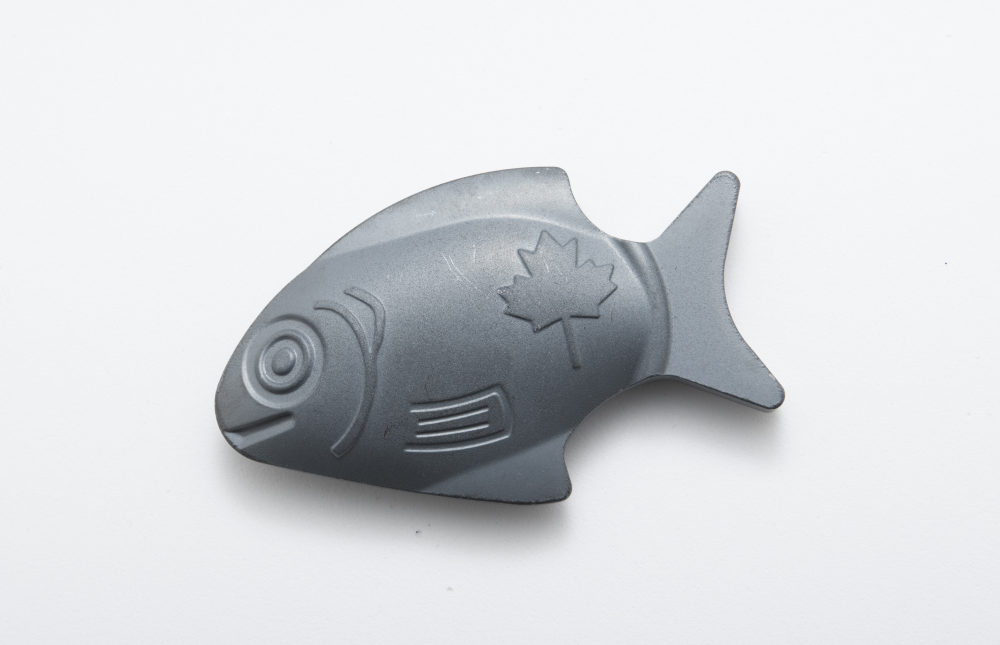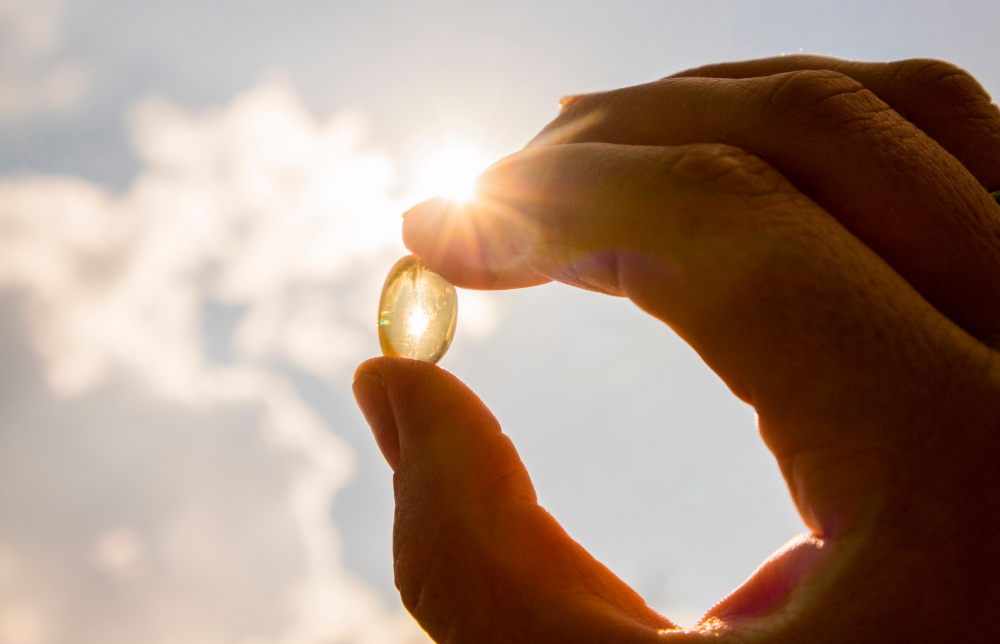You’ve probably heard the 5-a-day rule intended to help us reach our nutritional needs with fruit and veg – but when diets fall short, vitamin supplements have long been used as a way to make up for the shortfall. But do they really work?
Or, as some have suggested, do vitamins just give us expensive urine?
What’s this “expensive urine” you speak of?
Anyone who’s ever consumed a supplement with B vitamins will tell you it does vibrant things to your urine, a side effect so common that the fizzing experts at Berocca even address it on their website.
“All Berocca products contain B vitamins, as these are water-soluble so your body takes what it needs and discards the rest. The presence of B vitamins in your urine can result in a more intense color. This is harmless and not a cause for any concern.”
It’s a glowing demonstration that not everything we consume in supplement form ends up doing much other than coming straight out the other end. However, it’s not an “a-ha!” moment for vitamin efficacy, as how much we absorb and discard comes down to our unique physiologies.

Our vitamin needs can be met by a balanced diet if we’re otherwise healthy, but not everybody has access to one.
Image credit: Marilyn Barbone / Shutterstock.com
“Vitamins are always absorbed but the bioavailability (amount taken up by the body) can differ depending on certain factors,” Dr Carrie Ruxton, a dietitian at the Health and Food Supplements Information Service (HSIS) told IFLScience.
“These include age (older people absorb less B vitamins and make less vitamin D in the body in response to sunlight), dietary inhibitors (high-fiber plant foods can reduce mineral absorption while calcium-rich foods can inhibit iron absorption), dietary promoters (protein enhances mineral absorption, vitamin C enhances iron absorption while dietary fat enhances vitamin A, D, E and K absorption, so add some oil or butter to your vegetables).”
Back in 1992, then-professor of medicine at New York City’s Mount Sinai medical school Dr Victor Herbert told Time magazine that popping vitamins “doesn’t do you any good […] We get all the vitamins we need in our diets. Taking supplements just gives you expensive urine.”
The catchphrase caught on, but we’ve learned a lot more about vitamins in the three decades since.
Why do we need vitamins?
The word “supplement” means to add something in order to complete or enhance it, and in the context of vitamins, that means plussing up our diet.
“The main reason is that people have moved away from the recommended healthy diet of fruit, vegetables, wholegrains, fish, lean fresh meat, dairy foods, tea, and tap water towards diets that are high in sugary sodas, crisps, confectionery, biscuits, ready meals, and takeaways,” explained Ruxton. “These popular options are high in calories but low in vitamins, minerals, polyphenols, and healthy fats, like omega-3s. The Global Burden of Disease study estimated that poor diet is now the primary modifiable cause of chronic diseases, responsible for around a fifth of deaths worldwide.”
In an ideal world, we’d all be able to get everything we needed, nutritionally speaking, from our diets – but that isn’t always attainable. Vitamins have therefore been suggested for use in numerous settings beyond the supplements you see in drug stores.

A Lucky Iron Fish that can help manage iron-deficient anemia.
Vitamin A deficiency is a killer among young children, known to cause blindness in those who survive. Golden rice set out to save millions of children’s lives each year by supplementing their diets with beta carotene, which can be converted to vitamin A in the body, but the rice was never rolled out due to “overly restrictive regulatory conditions,” as described by Ed Regis, author of Golden Rice: The Imperiled Birth Of A GMO Superfood.
Lucky Iron Fish saw more luck, rolling out a product intended to tackle iron deficiencies. A fish-shaped cast iron ingot, it can be boiled in water or used in cooking to provide a boost among communities with widespread iron-deficiency anemia.
The role of supplementation is clearer in contexts where deficiencies are widespread and significant, but what about the daily doses for those who should have access to balanced nutrition?
Do vitamins work?
To understand if vitamin supplements work, we first have to consider what their role is.
“I wish people knew that the role of dietary supplements is to help us to reach the optimal intakes for vitamins, minerals, and omega-3 fats,” continued Ruxton. “Dietary supplements are not medicines and don’t prevent or treat illnesses, but they are still an important tool in our armory for keeping ourselves healthier from infanthood to old age.”
A study in the American Journal Of Clinical Nutrition dove into whether or not daily vitamin supplementation could contribute to better brain health into old age, improving memory and slowing cognitive aging in older adults. By giving one group a multivitamin supplement while the other received a placebo, they saw a small improvement in the supplementation group. The daily multivitamin supplement seemed to benefit memory and overall brain function, being roughly equivalent to slowing down the aging of the brain by about two years.
As Ruxton suggests, vitamins are unlikely to be a silver bullet for any pressing medical concerns, but they may help us make marginal gains toward living a healthier life for longer.

Other lifestyle factors, such as how much sun we’re getting, can affect vitamin deficiencies.
Image credit: FotoHelin / Shutterstock.com
A second study published in The American Journal of Clinical Nutrition looked at the role of specific vitamins in stroke prevention.
It gathered data on 14 studies in which participants were taking vitamin B supplements, and discovered that they had around a 34 percent reduction effect on stroke risk in areas where there was either no (or barely any) folic acid being added to foods. When they looked at places where folic acid was commonplace, they saw little in the way of benefits.
It adds weight to the idea that vitamin supplements may act as a stepping stone to better health outcomes when our diets are lacking in some way, but simply plugging the gap won’t work for everything – especially without factoring in other lifestyle changes.
Furthermore, vitamins are often branded as a fast track to recovering from illness, but a study published in Clinical Nutrition ESPEN failed to find a strong link between vitamin consumption and markers that might indicate a super-charged immune system.
So, not a silver bullet, but expensive urine? It’s a little more complicated than that.
The content of this article is not intended to be a substitute for professional medical advice, diagnosis, or treatment. Always seek the advice of qualified health providers with questions you may have regarding medical conditions.
All “explainer” articles are confirmed by fact checkers to be correct at time of publishing. Text, images, and links may be edited, removed, or added to at a later date to keep information current.
Source Link: Do Vitamin Supplements Just Give You "Expensive Urine"?